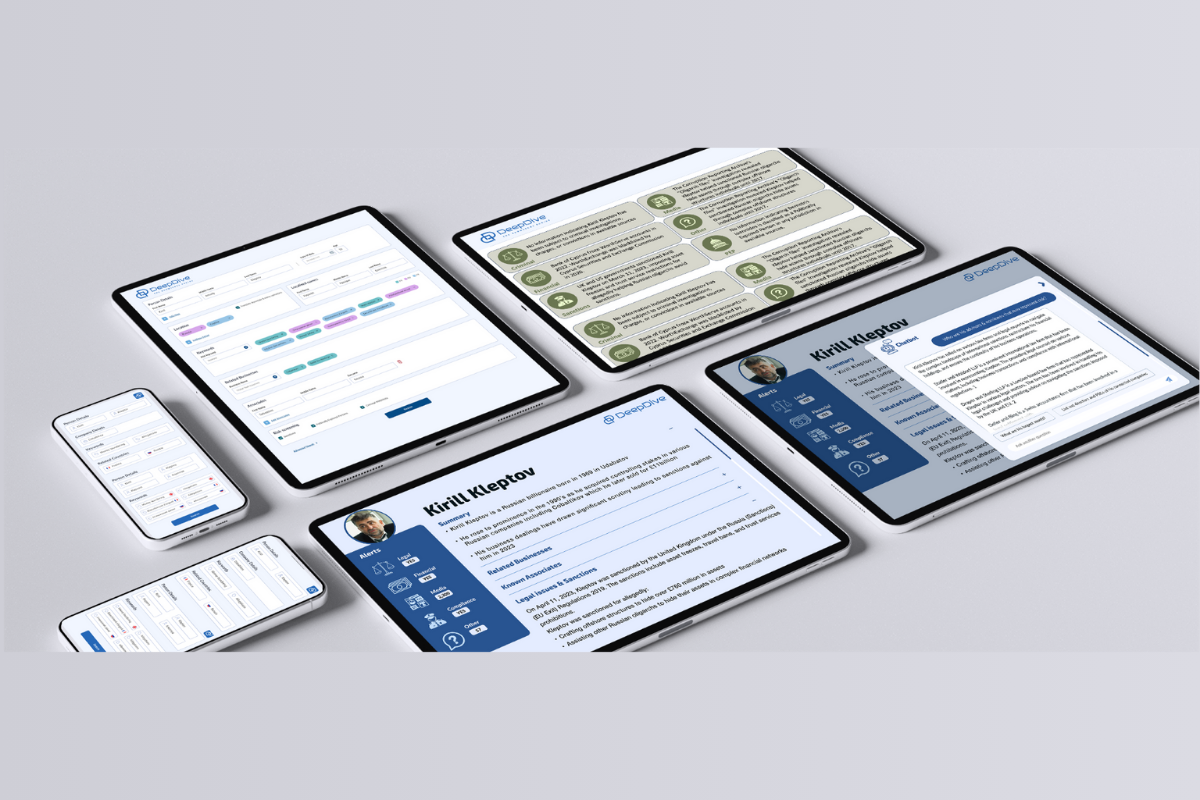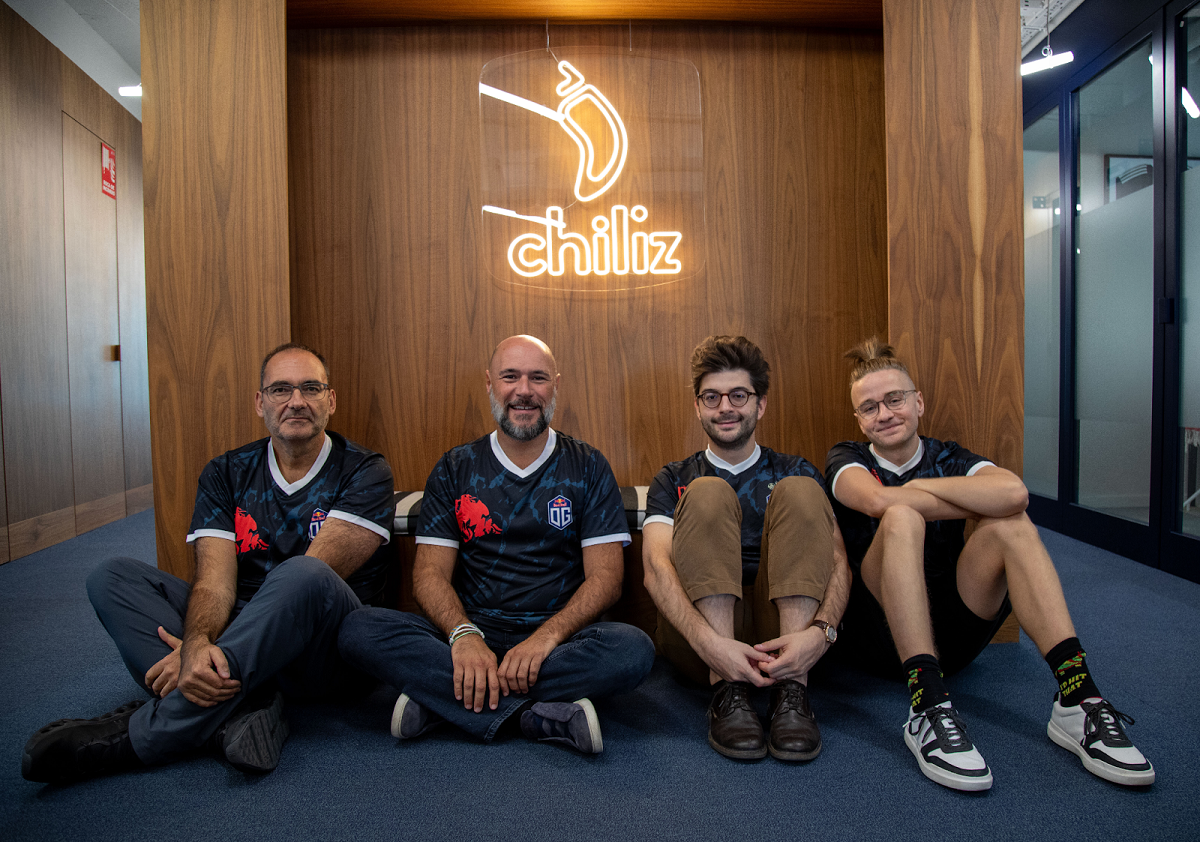Latest News
Top Technologies Every Software Engineer Wants to Work with in 2024

Software engineering continues to be a dynamic and ever-evolving field, where innovation and adaptation to new technologies are the key factors to success. Alex Karichensky, a CEO at Digicode Europe, believes that in 2024 the technological landscape is expected to witness significant advancements across various fronts, revolutionizing how businesses operate and deliver services.
Artificial Intelligence and Machine Learning
Artificial Intelligence (AI) and Machine Learning (ML) have evolved significantly, transforming traditional software development processes. The integration of AI and ML into software applications has become essential. The ability to analyze vast datasets and derive meaningful insights has become a crucial aspect of modern software engineering. According to Forbes, AI’s global market size is predicted to expand at a rate of 37% per year to 2030, reaching $1,811.8 billion by then.
Although AI has been around for a while, last year it gained much attention after OpenAI’s ChatGPT service was revealed to the public, which was marked as the beginning of the next “revolution.” ChatGPT reached 100 million monthly users in January, according to a UBS report, making it the fastest-growing consumer app in history. At Digicode, we help our partners incorporate these technologies into their digital strategies and deliver solutions.
Low-Code and No-Code Development
The rise of Low-Code and No-Code Development platforms has revolutionized the software development landscape. These platforms empower businesses to respond swiftly to market changes, ideate new concepts, and reduce dependence on traditional coding expertise. By providing intuitive interfaces and pre-built components, No- and Low-Code platforms accelerate the development process, enabling organizations to deliver software solutions with unprecedented speed and efficiency.
Edge Computing
Edge computing has emerged as a critical technology, addressing issues related to latency and bandwidth in software applications. In 2019, only around 10% of enterprise-generated data was created and processed outside a traditional centralized data center or cloud. But by 2025, Gartner predicts this figure will reach 75%.
By processing data closer to the source, edge computing minimizes delays and enhances overall system performance. This technology is particularly vital in industries where real-time data processing is essential, such as autonomous vehicles, smart cities, and healthcare.
Virtual Reality and Augmented Reality
Virtual Reality (VR) and Augmented Reality (AR) technologies are increasingly becoming integral to various industries, reshaping user experiences. According to the International Data Corporation (IDC), global spending on augmented reality and virtual reality is expected to reach $13.8 billion this year and is also set to increase to $50.9 billion in 2026.
In software engineering, these immersive technologies offer innovative solutions, from virtual meetings and training simulations to interactive gaming experiences. The ability to blend digital elements with the real world opens up new possibilities for software engineers to create engaging and impactful applications.
The Internet of Things
The Internet of Things (IoT) continues to impact software development by connecting devices and enabling seamless communication. Forecasts suggest that by 2030 around 30 billion IoT devices will be in use around the world, creating a massive web of interconnected devices spanning everything from smartphones to kitchen appliances.
Software engineers play a pivotal role in integrating IoT devices into applications and creating smart and interconnected systems. From smart homes and wearable devices to industrial IoT applications, the possibilities are vast, making IoT a sought-after technology in 2024.
Blockchain
Blockchain, with its decentralized nature, has gained prominence for its ability to enhance security and transparency in software applications. The immutability of blockchain ensures data integrity, making it an ideal solution for industries like finance, healthcare, and supply chain management. As software engineers explore innovative ways to implement blockchain, its role in shaping the future of secure and transparent digital ecosystems becomes increasingly evident.
Cybersecurity
The growing importance of cybersecurity in software development cannot be overstated. According to Gartner, by 2025, 60% of organizations will use cybersecurity risk as a primary determinant in conducting third-party transactions and business engagements.
As cyber threats become more dangerous, software engineers need to stay aware of the latest trends and innovations in cybersecurity technologies. From advanced encryption methods to real-time threat detection, the integration of robust cybersecurity measures is paramount to safeguarding digital assets and user information.
In 2024, software engineers will be working with advanced technologies that redefine the industry. We expect the following technologies to be most wanted by successful software engineers: data management, knowledge extraction, data analytics, data visualization, business process automation, data integration, master data management, and cloud migration. As software engineers continue to master these technologies, the industry is poised for future growth and innovation.
About Digicode
The global IT service company is represented around the world — in the USA, the UK, EU countries, and Ukraine. The company provides high-quality solutions in software development, cloud, AI, big data, and automation, suggesting complex services in technology consultancy, R&D, design, and development in various industries. Digicode is trusted by leading companies from the real estate, fintech, healthcare, education, travel, high-tech, food services, oil and gas industries. Among customers, there are such brands as Microsoft, Blablacar, Cisco, Bosch, The Economist and others from Fortune 100 companies. As a reliable software development partner, Digicode is already trusted by clients from 25+ countries in different regions.
-

 Asia5 days ago
Asia5 days agoDigital gaming disruption tackled in 1st AsPac Regulators’ Forum
-

 Africa6 days ago
Africa6 days agoKiron announces the launch of its new virtual football title, Turbo League, with SportPesa in Kenya and Tanzania
-

 Aquisitions/Mergers6 days ago
Aquisitions/Mergers6 days agoNOVOMATIC successfully completes sale of ADMIRAL Austria to Tipico and focuses on international growth markets
-

 Compliance Updates6 days ago
Compliance Updates6 days agoSOFTSWISS Releases Gambling Regulation Directory for iGaming Operators
-

 Compliance Updates6 days ago
Compliance Updates6 days agoAlternative Dispute Resolution (ADR) Role and Certification
-

 Asia6 days ago
Asia6 days agoiRace Media extends partnership with The Hong Kong Jockey Club in Asia
-

 Central Europe6 days ago
Central Europe6 days agoSYNOT Games Delivers Bespoke Games Exclusively for SazkaHry.sk in the Slovak Market
-

 Latest News7 days ago
Latest News7 days agoNuxGame Secures Romanian B2B Gambling License as a Strategic Milestone in European Expansion

























